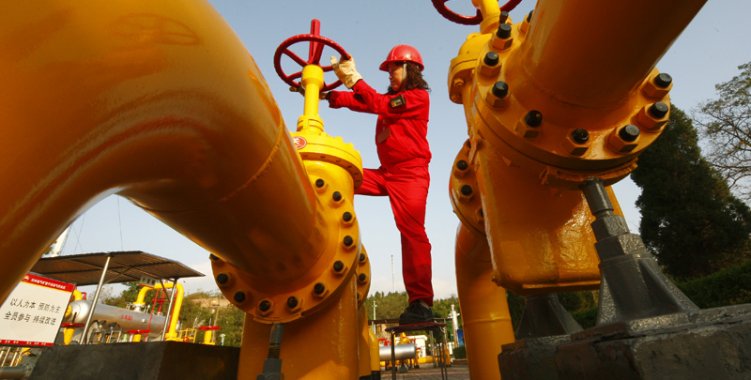"All debt to China is secured by oil. We also had debt with Brazil and Israel. With the reforms we are making, this collateral will become more and more dispensable," said Manuel Nunes Júnior, after a speech at the Royal Institute of International Relations Chatham House.
According to the minister, the debt to Brazil that has oil as collateral has already been discontinued and the government is now in negotiations with Israel.
"We are doing the same with China," he added.
China is the country's largest foreign infrastructure financier, with a total of 22.4 billion dollars, according to Fitch's database in March of last year.
The minister, who was in London representing President João Lourenço at the first United Kingdom-Africa Investment Summit on Monday, spoke after a talk entitled, "Angola and Commitment to the Economy: Assessment of the Progress of Privatisation and Other Economic Reforms".
Manuel Nunes Júnior noted the result of other economic reforms introduced, namely, for the second consecutive year, a positive budget balance in 2019, according to preliminary data, and the expectation of a surplus of 1.2 percent over Gross Domestic Product (GDP) in 2020.
"The fact that we have gone from a deficit situation to a surplus is very important because it means that the country will have less debt needs, which is very important to have achieved in two years," he said.
The government forecasts economic growth of 1.8 per cent in 2020, while it expects the inflation rate, which stood at 17.1 per cent in 2019, to continue to fall.
"We will continue to conduct a fiscal, monetary and exchange rate policy so that, by 2022, Angola can once again have single-digit inflation rates," it said.
As well as promoting exports, the government is carrying out a programme to privatise around 125 companies by 2022, including up to 30 percent of Sonangol's oil capital.
"We are on a very stable path, the idea is to reach 2021 with a stable economy and economic growth," Manuel Nunes Júnior said.







